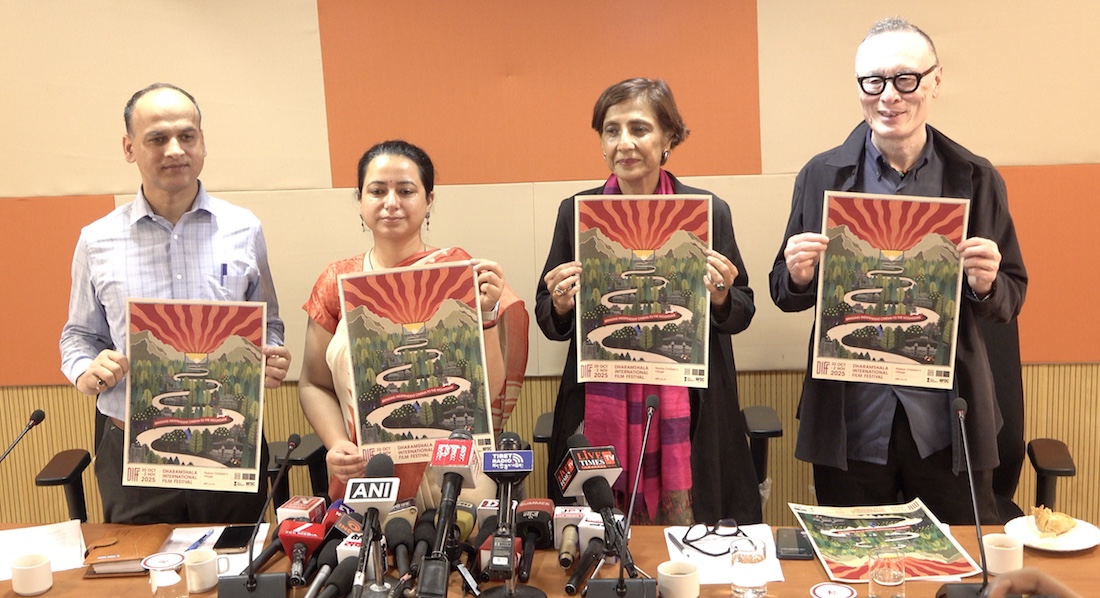I think there must be someone here who will find emptiness. You are bound to find it if you practice very sincerely in your daily life, and particularly when you encounter a certain object that creates a strong emotion such as attachment or hatred or is the face of strong ego.
During that moment, if you carry out a very careful investigation, if you analyse and examine the mode of apprehension of the mind, the way things appear in the mind, you find that at that time, the object appears to be strong and forceful. It appears to be very solid and independent.
For example, when feelings of hatred develop, the object appears as 100 per cent negative. But that is actually an exaggeration. Nothing is 100 per cent negative. However, during that moment, due to one’s own mental attitude, it appears to be so. That moment is the best opportunity and the right time to analyse the real nature and its appearances. Then you see emptiness with its logical reasons and proofs and discover that things are relative.
Realisation of emptiness is very, very important because when we try to analyse the real nature of any particular phenomenon, we find that the real nature is emptiness or lack of inherent existence. It is possible to think that emptiness is truly existent. It is important to realise the emptiness or emptinesses because emptiness itself has no independent existence. It is also dependent on something.
For example, if we take a casual look at any particular phenomenon and its real nature, that particular object will seem to be more powerful than the emptiness of that particular phenomenon since we cannot explain something like emptiness without depending upon that particular phenomenon. In other words, emptiness is a particular quality or aspect of a phenomenon. For any quality there must be some basis. Thus shunya (zero) also becomes a part of some thing -the quality of some thing.
Consciousness and self
Consciousness is also in the nature of emptiness. There is simple reason for it. Emptiness means the absence of independent existence or self-existence. The Sanskrit word pratityasamutapada means “dependent arising.” “Dependent” because it is dependent on others and is not of absolute nature. “Arising” means something that has happened due to other factors. In a way, it is something like zero. Without a zero, it is impossible to count.
Because things are related, “empty” in this context means “like something empty.” Therefore, its basic nature is something, everything is possible. That basis leads to this absence of the absolute nature.
Good and bad
Good and bad from the Buddhist point of view are relative terms and depend on other factors. Under certain circumstances, it becomes good, but under other circumstances, it becomes bad. So there is no absolute. We have to judge according to particular circumstances. Generally we can say that any action or any factor that brings us happiness or satisfaction is good; anything that brings us unhappiness or pain is bad. So the ultimate decision about good and bad is based on experience and feeling. Our mind has the final word.
I think it is mental tranquility that allows us relaxation and happiness. This holds true for everyone. Another practice is that of altruism. As things are interdependent, our own satisfaction, or happiness, depends largely on others. If other people, including animals, are satisfied and show happiness or some kind of a positive response, we will be satisfied. Therefore, the practice of altruism is the key factor.
Truth deciphered
Generally, when we talk about something untrue in the worldly sense, it is not because it is untrue in the face of a wisdom consciousness, but because it is untrue at the worldly level. Thus, you have the sense of the untruth and the unreality of the conditional truth. If someone takes interest, there is clearly a relation. For example, in daily life, our experience of pain and pleasure depends very much on our mental attitude.
However, once you realise the conventional and the ultimate levels of truth, it is very helpful to reduce mental exaggeration. Realisation of the Two Truths is also very helpful in making your mind stable.
We simply accept the good and the bad due to realisation of the deeper nature. If we are able to acquire a sound understanding of the real nature of the ultimate and the conventional truth, we will encounter external phenomena with a balanced perspective. However, before understanding the real nature of the Two Truths, we tend to exaggerate phenomena. Our mind is one solid entity; at least it appears like that. But in reality, there are many different kinds of mind.
The human mind is especially sophisticated. Therefore, in order to achieve peace of mind, true Buddhist training or technique reduces mental unrest and increases mental happiness and mental peace. There are many different ways of achieving peace and reducing anxiety. Knowledge about the Two Truths is one of them. Generally speaking, the spiritual practice is like a stabiliser. Peace is similar.
********************
HAPPY THOUGHTS
Mental tranquility and altruism give us relaxation and happiness. As things are interdependent, our own satisfaction, or happiness, depends largely on the happiness and satisfaction of others









